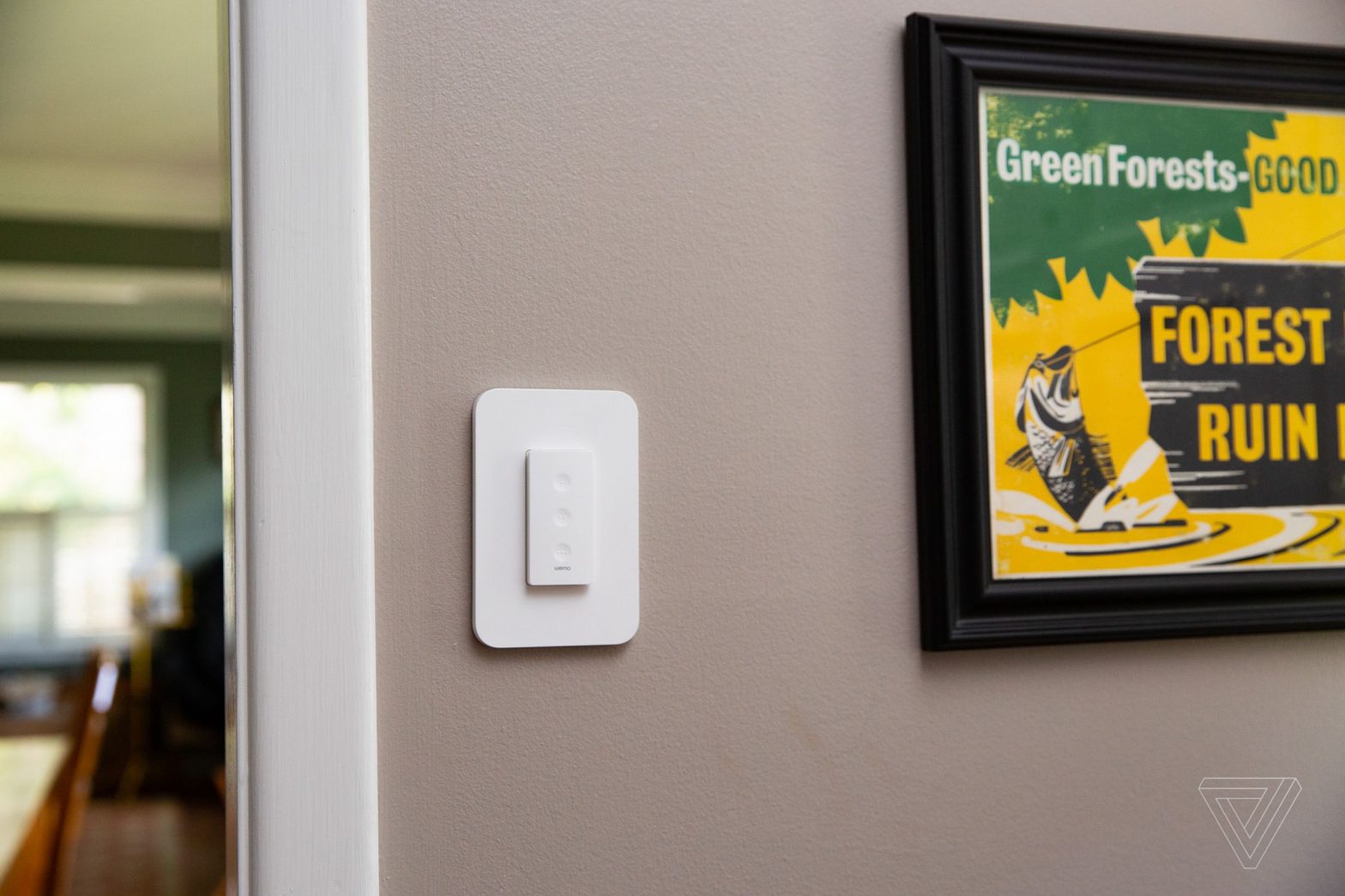/
Belkin’s smart home brand Wemo is backing away from Matter and dimming our dreams of a smart home utopia.
:format(webp)/cdn.vox-cdn.com/uploads/chorus_asset/file/23935408/jtuohy_220808_226126_0006.jpg)
Wemo, Belkin’s smart home company, has paused development of Matter smart home devices. In an email exchange, Debra Benson, a PR representative for Wemo, confirmed that, while the company remains convinced that “Matter will have a significantly positive impact on the smart home industry,” it has decided to “take a big step back, regroup, and rethink’’ its approach to the smart home. Benson went on to write that Wemo will bring new Matter products to market when it can find a way to differentiate them. It seems like Wemo might be concerned its smart home gear is becoming commoditized.
During CES 2022, Wemo announced it would bring Thread-compatible, Matter-compliant products to market when that new standard officially arrived. At the time, it was expected that the new connectivity standard, which promised to once and for all tear down the walls that have sequestered ecosystems away from one another, would launch in the middle of 2022 after two years of frustrating delays — but Matter was again pushed back.
As the year wore on, Wemo indeed updated some products to use Thread, the primary wireless protocol beneath the Matter standard that enables Wi-Fi-free local control of smart devices, and released a new Thread-compatible smart dimmer. Curiously, none of the new products — a light switch, dimmer switch, plug, and a stick-on-the-wall three-button scene controller — are slated for future Matter support. With the news, Wemo is tapping the brakes on Matter. And we probably won’t get those updated versions it announced last year, either.
While the existing Thread devices from Wemo come with many of the important benefits of Matter — exclusively local control with no direct access to your home network, fast operation, and easy setup that cuts out your Wi-Fi router as the middleman — they lack the most crucial feature, the central problem Matter is to solve: near-universal smart home platform compatibility. These Thread devices only work with Apple HomeKit.
Wemo, and Belkin at large, has had its accessories wagon hitched to Apple’s train for a while. When the Cupertino giant releases new software and hardware features, Belkin and its subsidiaries are often the first to market with products supporting them.
But it’s pretty hard for companies like Wemo to stand out in a field full of cheap IoT junk that costs half the price to do the same thing, as far as most normal people are concerned. Sure, maybe they’re less secure, but many people willingly put an internet-connected microphone in their home, too. They probably don’t care about the possible security issues with their light switch.
Bargain bin, no-name smart light switches and smart plugs are particularly ubiquitous and often work with every smart home platform but Apple’s. If they do offer support for HomeKit, it’s often through a second, pricier version of the same devices with special compliance with Apple’s rigid specifications. Matter, in theory, should fix that by weaving Apple’s security practices into the fabric of the new protocol. If you want to play, you have to follow the house rules, but it sure seems like all the players still have cards hiding in their sleeves. Poker, y’all. I’m making poker jokes here.
:format(webp)/cdn.vox-cdn.com/uploads/chorus_asset/file/23226631/jtuohy_220125_5003_0016.jpg)
Late last year, Samsung announced a partnership with Google to allow for special onboarding between the two ecosystems — when you add a Matter device to one, it will port over to the other automatically. Shortly thereafter, it announced a similar partnership with Amazon. There’s been no indication of any such collaboration with Apple, which, in the past, has claimed that its HomeKit platform served as the foundation of Matter. And Apple itself remains protective of its own smart assistant, requiring that customers own at least one HomePod before it will let Siri live on another device, making Sonos cranky along with Apple’s own customers, who are forced to talk to their Ecobee if they want Siri on anything outside of Apple’s home devices.
Matter, like 5G, self-driving cars, and the useful robots that came before it, has turned out to be much messier and more complicated than was promised, and it looks like that’s not going to end anytime soon. Wemo’s move to pause Matter development is an early reflection of that fact, and while it doesn’t necessarily spell doom for the new standard, it does show that the smart home still has a long row to hoe before our home of the future is realized.
We’ve asked Belkin for more details on its decision, but it did not respond by press time.
